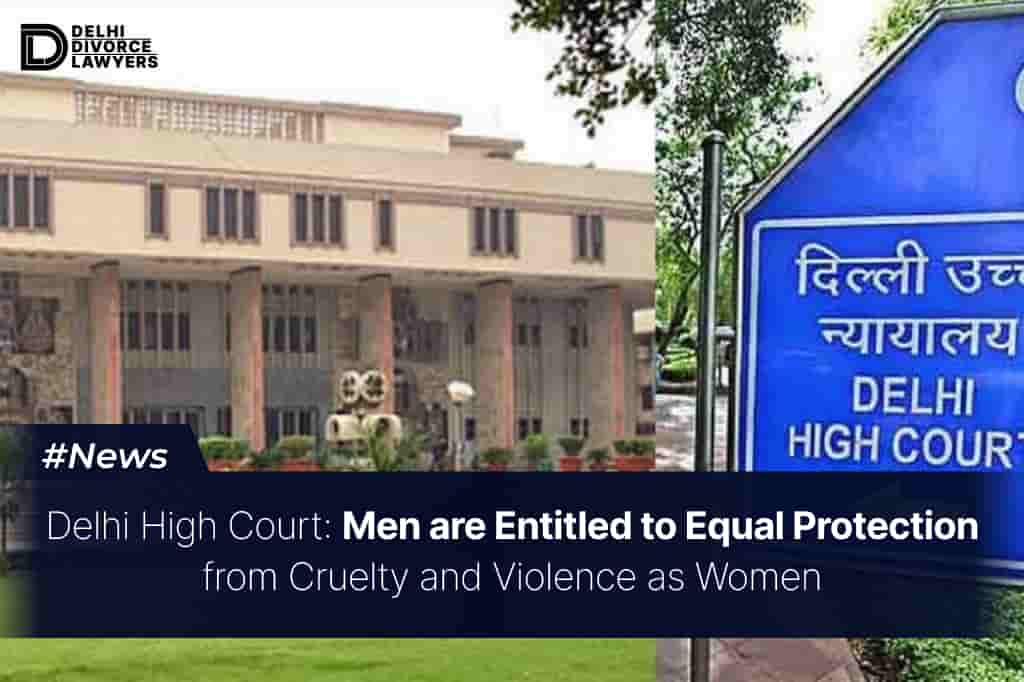The Delhi High Court has affirmed that men are equally entitled to legal protection against cruelty and violence, just as women are.
Justice Swarna Kanta rejected the anticipatory bail application of a wife who inflicted burn injuries on her husband by pouring boiling water mixed with chili powder, despite her request for leniency based on her gender.
The Court emphasized that empowering one gender should not undermine fairness to the other, stating that it cannot make gender-based distinctions in cases of physical violence or harm.
It also stressed that granting special leniency to one gender in cases involving life-threatening injuries would undermine the core principles of justice.
The Court noted, “This case brings attention to a wider societal issue. Men who suffer violence at the hands of their wives often face distinct challenges, including societal skepticism and the stigma of being seen as victims.”
It further remarked, “These stereotypes reinforce the false belief that men cannot be victims of domestic violence. Therefore, it is essential for the judiciary to maintain a gender-neutral approach in such cases, ensuring equal and fair treatment for both men and women.”
In rejecting the anticipatory bail application, the Court emphasized the victim husband’s statement, which revealed that the wife had pressured him into marriage by filing a false rape case.
The Court noted that, despite the wife’s claims of torture and harassment by her husband and his family, she had not filed any formal complaint against them.
Dismissing the wife’s plea for leniency, the Court stressed that physical injuries—whether inflicted on a man or a woman—should not be assessed differently based on gender.
In response to this argument, the Court remarked: “One must imagine the situation if the roles were reversed, and the husband had poured boiling water mixed with chili powder on his wife while she was asleep, locked her in a room, taken her phone, fled the scene, and left their infant child crying beside her. In such a case, there would undoubtedly be no call for leniency toward him. However, courts must remain impartial, free from both subtle and overt biases, even when arguments influenced by such biases are presented.”
The Court further stated that the belief that only women experience physical or mental cruelty in marital relationships, without exception, may not accurately reflect the harsh realities of many cases.
It emphasized that cases should be evaluated based on their facts, not on stereotypes.

